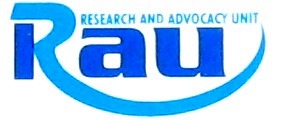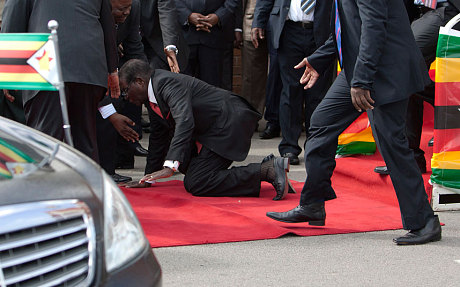By Lloyd Pswarayi
The Zimbabwe Republic police (ZRP) reacted (angrily?) to Justice Bere’s remarks that collection of spot fines by the police was illegal and not supported by the law. Jonathan Moyo waded into the debate and insinuated that the learned judge was out of line. Though the leaned Judge was expressing a legal point that there is no provision for ZRP to collect spot fines, from a citizen point of view, his remarks are welcome and a reflection of the negative perception the institution has that it is synonymous with bribes/corruption. This is just the reality which the Police Commissioner General has to deal with. Perhaps the police would argue that it is easier to collect the fines on the spot to avoid unnecessary chasing around for defaulters. Fair enough. The problem for me is not the in collection of fines but how the police account for them. Never mind that many of the officers take the opportunity to abuse the practice and line their pockets with daily collections.
Former Finance Minister, Tendai Biti was on record claiming that the fines collected by the police never reached the treasury and was not accounted for and wanted them remitted. After failing to address this anomaly he even speculated that these funds supporting a parallel government. So whom do they account to? Who will police the police if Members of the House of Assembly raise questions and there is no action to rectify matters raised? The problem with the powers that be is that they do not regard public opinion seriously and are quick to use the heavy hand when they feel the citizens are questioning their actions. From a citizen point of view spot fines are a scum.
The truth of the matter is that the public is being forced to continuously support the fancy lifestyles of ‘fat cats’ who are not even accountable, when the ordinary man and woman on the street continues to suffer. Policy makers don’t listen to concerns of the public and do exactly the opposite. The introduction of toll gates for instance was viewed with suspicion but these concerns were easily dealt with because there was some effort in rehabilitating the country’s roads. Just when the public had accepted that these toll gates were a reality, Minister Obert Mpofu doubled the fees to an already over-burdened tax payer. Mpofu went on to further add insult to injury by increasing the number of Toll gates on the highway to such an extent that a return trip to Bulawayo from Harare would cost $20 in toll gate fees.
Mpofu continues to threaten to even add more urban toll gates. Seriously!! When is this going to stop? If one looks at the poor workmanship currently being demonstrated by the company awarded the contract to refurbish city roads in Harare we start to question why we continue paying toll gate fees. How do we justify seeing potholes and melting tar on newly surfaced roads? How does one justify the non-completion of the Airport Road almost a decade after construction began? How do we justify re-surfacing a resurfaced road at the Christmas Pass in Mutare?
We are continuously funding lavish lifestyles of a few chefs and this is beginning to resemble ‘pyramid schemes’. We demand that public officials be accountable to the citizens in the wake of poor service delivery, high unemployment, among other social ills affecting the citizens if a social contract is to be established.




